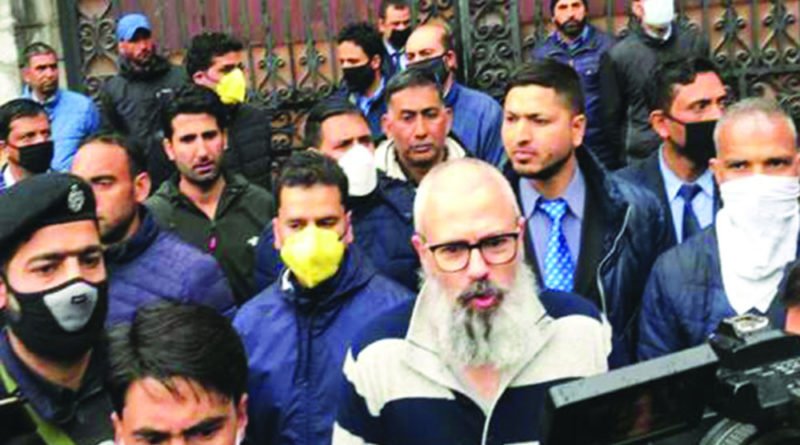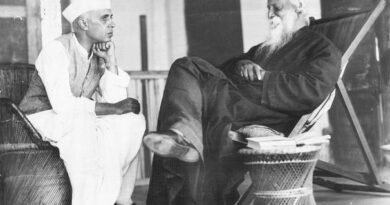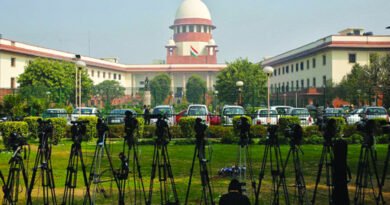Back to the people
Omar Abdullah is free and used his appeal, that at one time was considered incendiary, to calm his people amid virus fears
Yes, former Jammu and Kashmir Chief Minister and National Conference (NC) leader Omar Abdullah has been released from detention. But the circumstances surrounding his release are just as hazy as his arrest. In the dark shadow of COVID-19, Omar decided that though it was a different Kashmir he was returning to, there was a bigger question of life and death at the moment and so spread the Government’s message of social distancing and quarantine. If the Government’s charges for booking him after the abrogation of Article 370 — that his messages were divisive and could incite people and youngsters — are an estimate of his appeal, then Omar certainly proved how the Government bungled in underestimating his positive net worth. For he used the same appeal to ask his people to be calm in the time of a horrid pandemic and follow protocol, politics could come later. Clearly, NC chief Farooq Abdullah, who was released earlier and Omar, both of whom had been allies of the BJP Government, and not too troublesome ones at that, could have been used to normalise the bridge with civil society in Kashmir despite its changed status as a Union Territory. And by equating the old political leadership with terrorists, when in fact the Abdullahs were much of a filter, the Modi Government cannot walk the talk of ushering in development in Kashmir. It still needs the mediatory presence of local parties but has blunderously pushed them away. In their absence, the ruling BJP could not conduct the panchayat and local-level polls successfully, although it has been hoping to build a new narrative ground up with candidates friendly to it. Such was the boycott then that over 12,000 panchayat seats continue to be vacant. Panchayats have made it clear that any electoral process would have to be preceded by the release of jailed NC and People’s Democratic Party (PDP) leaders. Clearly, without traditional politicians, the BJP is finding it extremely difficult to re-engage with people. Already payments are pending for work done under MGNREGA scheme over the last several years. And in the trough of COVID-19, the Government might face more ire locally. Neither has the BJP been able to raise an alternative front or a political climate. It may have encouraged the formation of the Jammu and Kashmir Apni Party (JKAP) drawing rejects from PDP and NC, but it cannot generate reassurance, least of all credibility.
Besides, the Modi Government has failed to justify why it used the Public Safety Act (PSA) to book Omar. The law was passed in 1978 by Sheikh Abdullah, who founded the NC. Over the years, it has been used indiscriminately to curb dissent, invoked most frequently against separatist leaders and protesting teenagers. One can understand the dynastic hatred involved in arresting Omar under a law passed by his grandfather. But beyond the theatrics of a “great fall,” it is the dossier of charges against him that defied reason and bordered on the ridiculous. Omar’s ostensible crime was the capacity to influence people and his ability “to convince his electorate to come out and vote in huge numbers even during the peak of militancy and poll boycotts.” If this swaying ability, something that the Atal Bihari Vajpayee regime used to build a bridge over the conflict, is not an asset, then one wonders what is. If his persistent calls to resolve the conflict through democratic processes are not Centrist, then one wonders what separatism is. For these abilities, which the current regime could have used to transition to a new narrative, have been wasted away. Omar, the genial, quiet and engaging fighter, once seen as a puppet prince, will now be Kashmir’s face of quiet resistance. The captivity has given him the halo he needed.
The Pioneer




